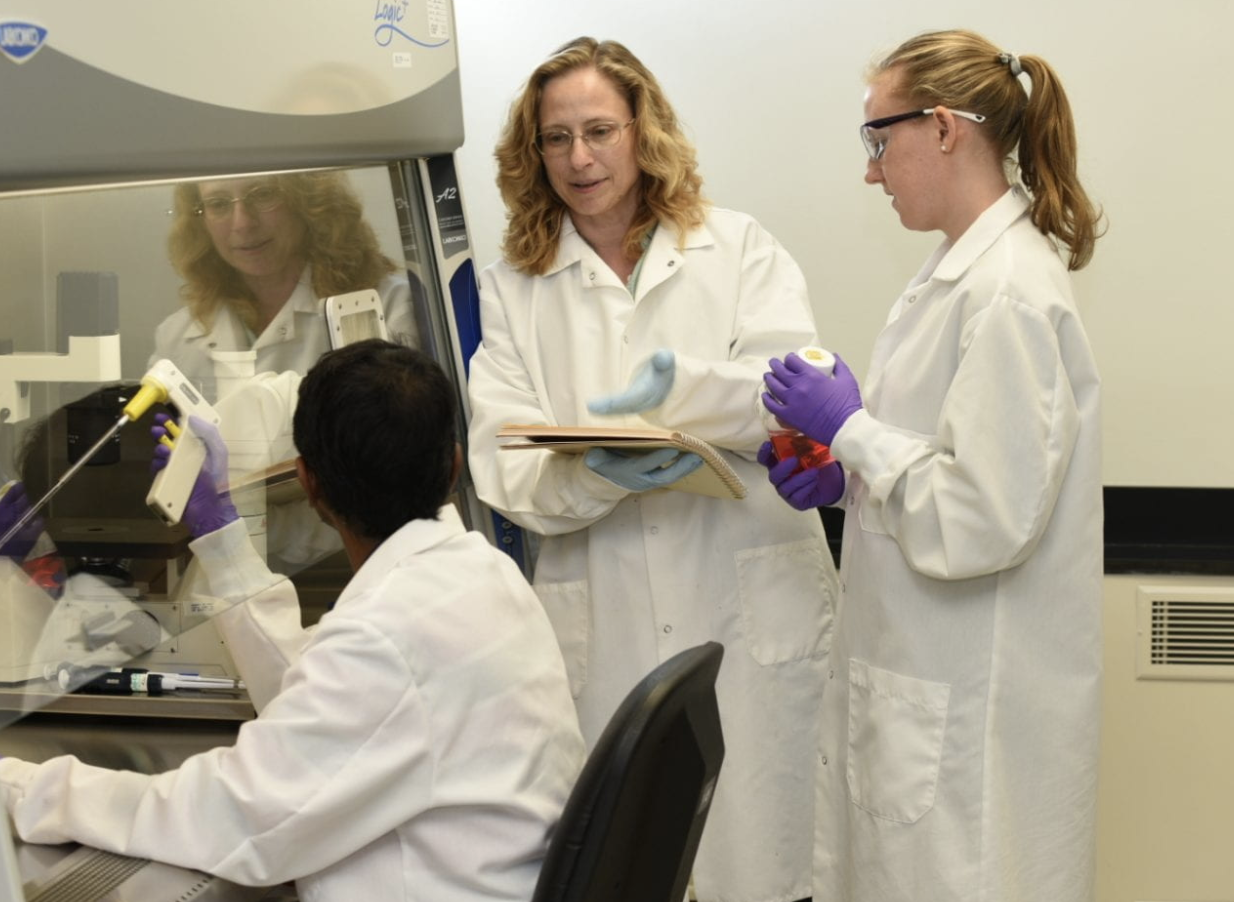A unifying theme is the study of fundamental processes and their regulation. These cellular processes include genome maintenance, apoptosis, cell cycle control, dynamic cell motility, angiogenesis, signal transduction and membrane trafficking, presynaptic processes, prion protein misfolding, RNA metabolism, and the structure and function of ion channels. The department’s research activities provide a foundation for studies in cancer biology, immunobiology, developmental biology, neurobiology and vascular biology. Its faculty use model organisms as well as human stem cells and a variety of techniques such as deep-etch electron and confocal microscopy to carry out their research. Cellular imaging is a particular strength of the department.
Our department oversees the physiology contents within the Washington University School of Medicine’s Gateway curriculum, which is designed to provide first-year medical students with a foundation for their further study of clinical and applied physiology. The Molecular Cell Biology course for first-year graduate students conveys an understanding of fundamental cell biology research strategies and principles. In addition, advanced courses open to medical and graduate students provide for more detailed study of specific areas of cell biology, physiology and cellular biophysics.



Postbaccalaureate Program in Developmental Biology, Cell Biology, & Regenerative Medicine
Developing scientific readiness through research-intensive training
Welcome Trainees
prospective Trainees
Get information for prospective trainees, including postdoctoral scholars and undergraduate researchers.
Current trainees
Take advantage of department resources, meet other trainees, and connect with our outstanding faculty.